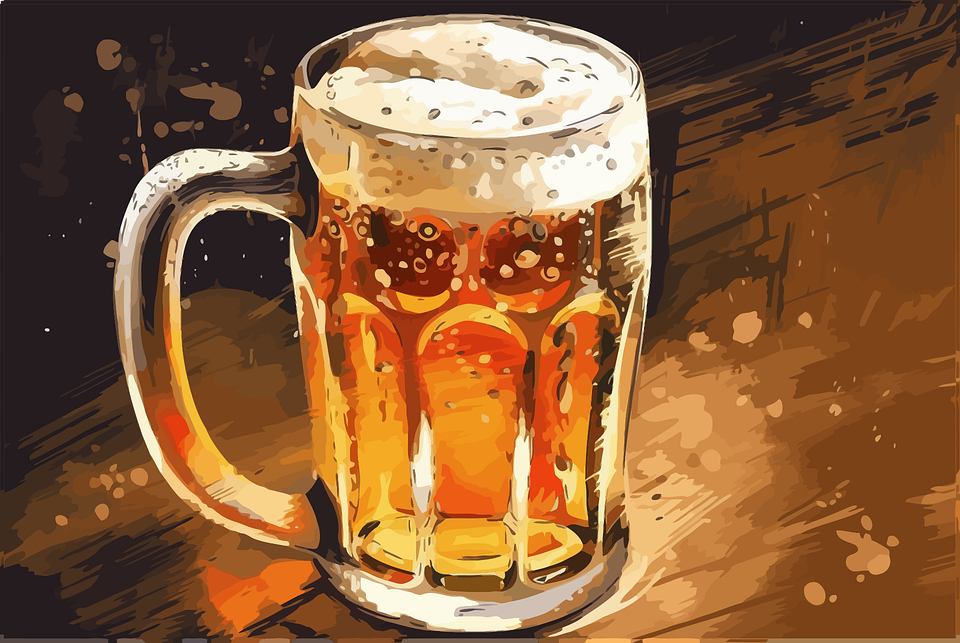Craft beer, once a niche industry, has become a global sensation over the past few decades. Brewmasters, the creative geniuses behind these unique and flavorful brews, are continually seeking ways to push the boundaries of beer-making. In recent years, technology and artificial intelligence (AI) have emerged as valuable tools for brewmasters, enabling them to innovate like never before. This article explores how technology and AI are transforming the world of craft beer, allowing brewmasters to create the craft beers of the future.
The Craft Beer Revolution
The craft beer movement has revolutionized the brewing industry, emphasizing quality, flavor diversity, and artisanal craftsmanship. Unlike large commercial breweries that produce mass quantities of standardized beer, craft brewers prioritize creativity, experimentation, and a connection to their local communities. This approach has led to a surge in craft breweries worldwide, offering a vast array of beer styles, flavors, and ingredients.
Embracing Technology in Brewing
Traditionally, brewing beer was a labor-intensive process that relied heavily on the expertise of the brewmaster. While craft beer has always been about hands-on craftsmanship, modern brewmasters are increasingly turning to technology and AI to improve their operations and develop new and exciting brews.
Quality Control and Consistency:
One of the most critical aspects of brewing is maintaining consistent quality. AI-powered sensors and monitoring systems can help brewmasters keep a close eye on various parameters such as temperature, pH levels, and fermentation progress. This ensures that each batch of beer meets the desired quality standards, reducing the risk of inconsistencies that can plague small breweries.
Recipe Development:
AI algorithms can analyze vast databases of ingredients, recipes, and customer preferences to suggest innovative combinations and brewing techniques. Brewmasters can use these AI-driven insights to experiment with new flavors and styles, pushing the boundaries of what is possible in craft beer.
Predictive Analytics:
Predictive analytics powered by AI can help breweries forecast demand more accurately, leading to better inventory management and reducing the risk of overproduction or shortages. This allows craft breweries to optimize their production processes and maximize efficiency.
Flavor Profiling:
AI can analyze the chemical composition of beer and identify flavor compounds, allowing brewmasters to fine-tune recipes for specific flavor profiles. This precision in flavor development enables craft breweries to cater to a broader range of tastes and preferences.
Sustainability:
Technology plays a crucial role in promoting sustainability in brewing. AI can optimize energy consumption, water usage, and waste management in breweries, reducing their environmental footprint. This aligns with the growing demand for eco-friendly products in the craft beer market.
Collaborative Efforts
Many tech companies are recognizing the potential of AI in the brewing industry and are collaborating with craft breweries to develop specialized tools and software. These partnerships are fostering innovation and enhancing the capabilities of brewmasters.
Challenges and Ethical Considerations
While technology and AI offer significant benefits to the craft beer industry, there are challenges and ethical considerations to address. Some craft beer enthusiasts argue that the art of brewing is losing its personal touch as technology becomes more prevalent. Additionally, concerns about data privacy and cybersecurity need to be addressed as breweries collect and store sensitive data related to their recipes and customers’ preferences.
Technology and artificial intelligence are playing a pivotal role in helping brewmasters create the craft beers of the future. These tools enable craft breweries to maintain quality, experiment with new flavors, enhance sustainability, and optimize their operations. While there are challenges and ethical considerations to navigate, the integration of technology and AI promises to continue reshaping the craft beer landscape, offering consumers an ever-expanding universe of unique and delightful brews. The marriage of tradition and technology is forging a path toward a more exciting and sustainable future for craft beer enthusiasts and brewmasters alike.

